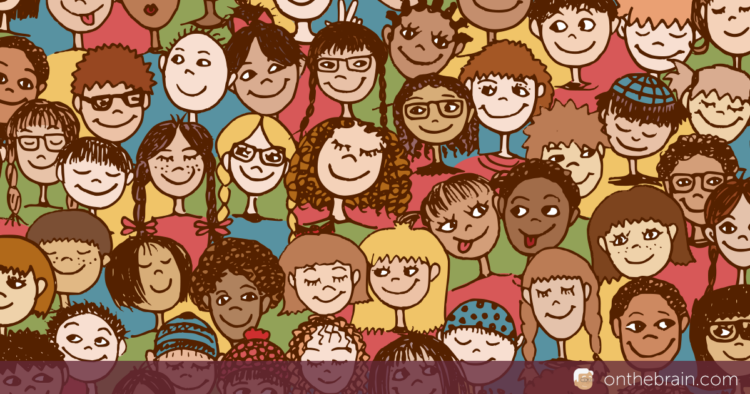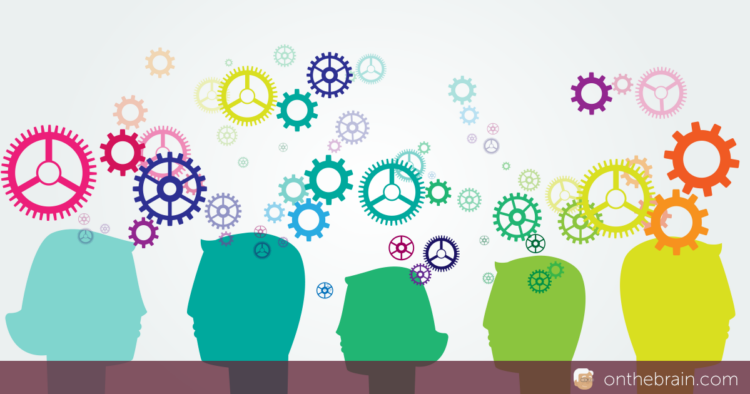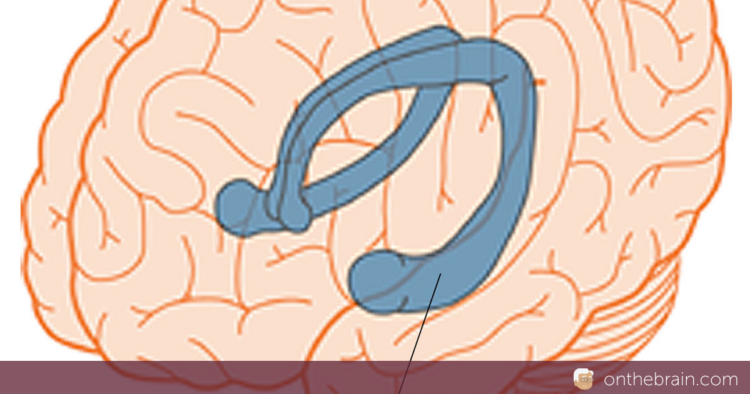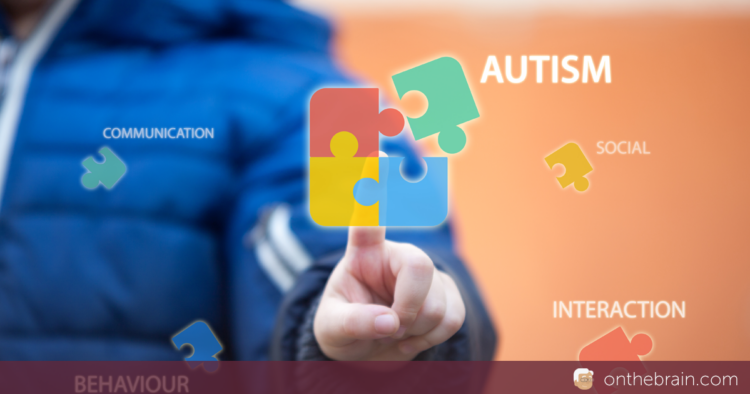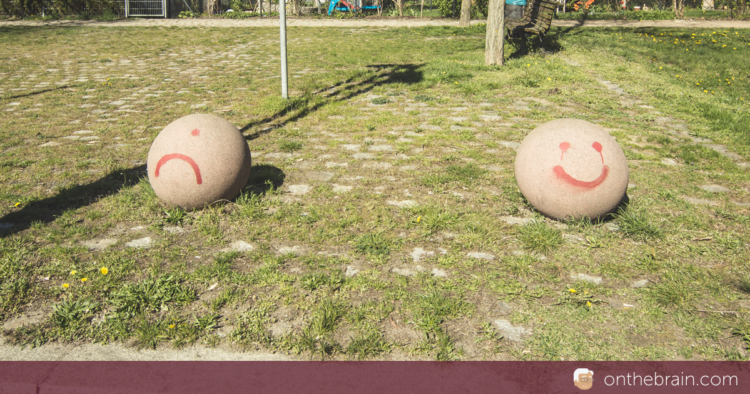One million children
Sometime over the next days, the millionth child willl enroll in a Fast ForWord language or reading program. For Paula, Bill, Steve, Bob, Glenn …………. and the thousands of other good people who have helped make, sell, manage, train, support, HELP those million children — THANK YOU! One of the nicest things that can happen…

